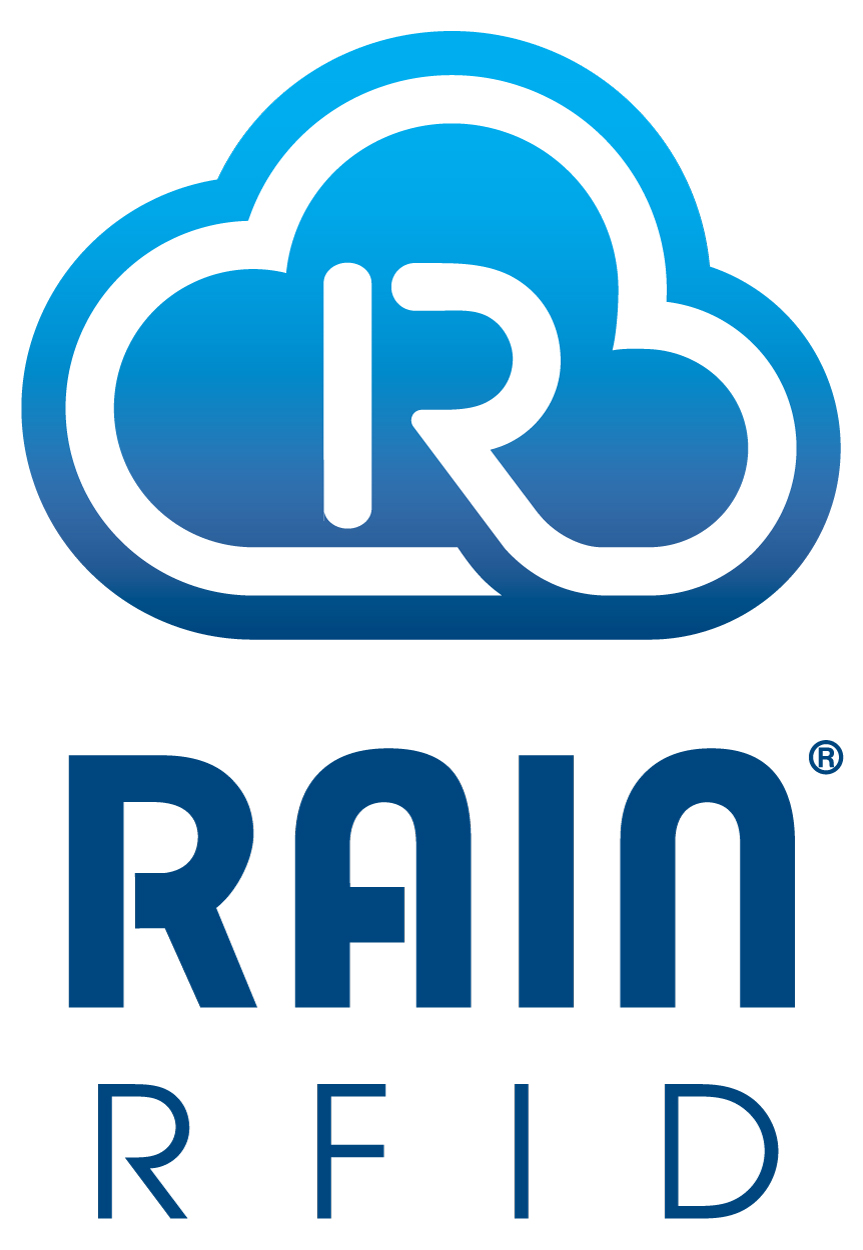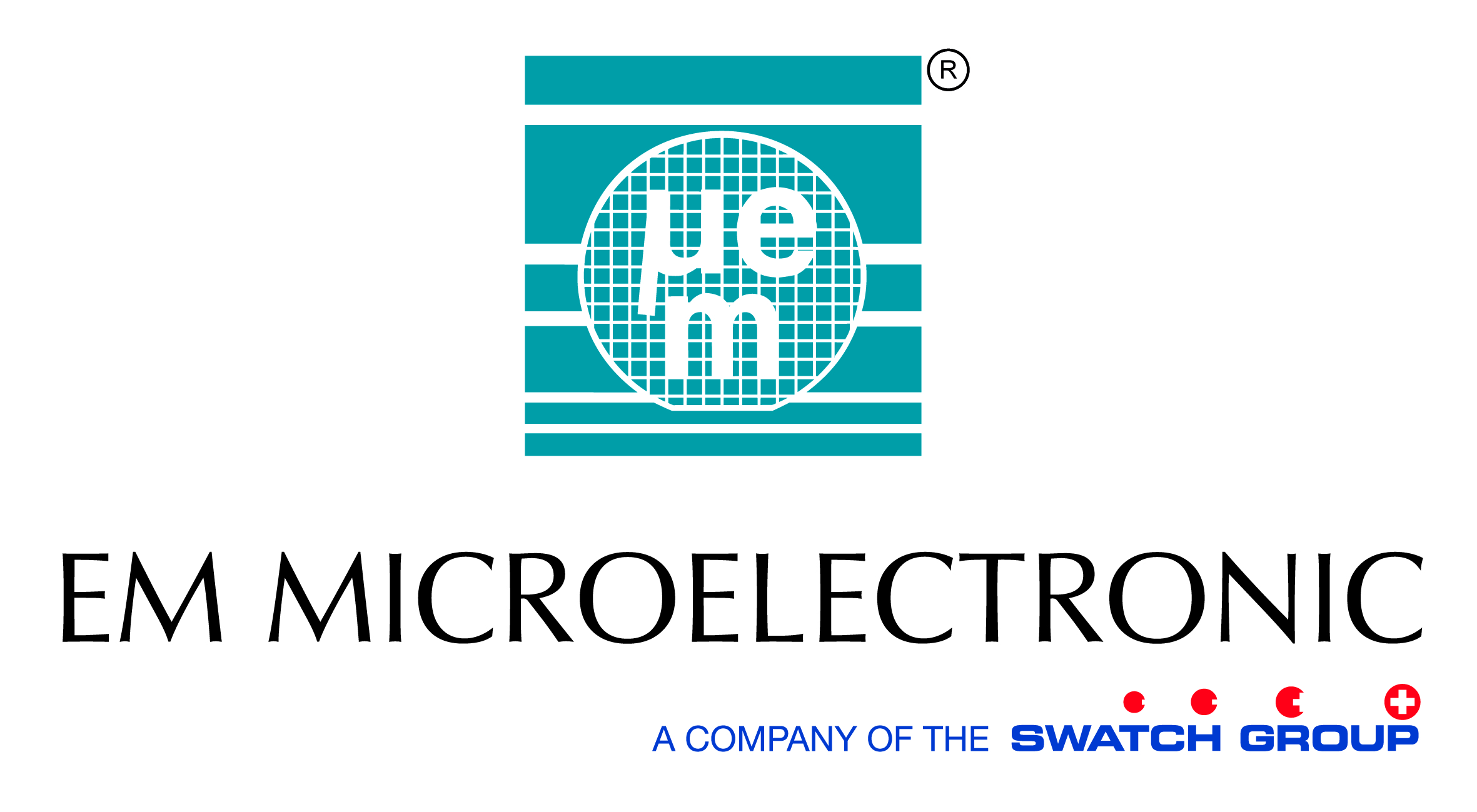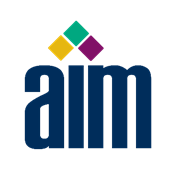Total Farm Management Practices Using RFID: Two Australian Dairy Farm Case Studies
Radio-frequency identification (RFID) has been deployed in government mandated
livestock identification schemes across the world since the 1990s. RFID in its basic
function can help authorities identify animals, especially when traceability becomes
paramount during disease outbreaks across regions. This session provides a view of
how an RFID-enabled dairy farm can leverage mobile network infrastructure towards
achieving total farm management. The data for the study was collected from two
case studies, both NLIS (national livestock identification system) compliant dairy
farms on the South Coast of New South Wales in Australia, soon after the NLIS was
mandated. The Cochrane and Strong Farms were used as models to illustrate the
core and auxiliary technology components of an RFID-enabled dairy farm. Beyond
satisfying the regulations of government agencies for livestock to be a part of a
national identification system for tracking purposes, farmers are now venturing
beyond mere basic compliance systems. Once installed, farmers have begun to
realize that their initial capital investment into an RFID system holds great strategic
potential. The initial outlay while substantial is a once only cost that with a few more
application-centric uses can yield a return on investment manifold. This workshop
session provides an end-to- end view of the infrastructure and processes required to
achieve an advanced RFID-enabled state-of- the-art dairy farm.
Participants will learn about:
- Regulatory changes in the livestock industry: identification, traceability
- Mandatory components for RFID-enabled dairy farms
o RFID tags and boluses, herd management software, fixed RFID
reader, digital network - Auxiliary components for RFID-enabled dairy farms
- Portable readers, weight scales, automated feed-dropping controllers, milk meters, milking controller units, drafting gates, temperature monitoring, tracking, calf-feeding machines
- Benefits of total farm management
Presenter: Professor Katina Michael, Faculty of Engineering and Information
Sciences, University of Wollongong
Collaborator: Mr Adam Trevarthen, alumni of the University of Wollongong
Speaker Biography
 Prof. Katina Michael is the author of Innovative Automatic Identification and Location Based Services: from Bar Codes to Chip Implants (2009) and co-editor of Uberveillance and the Social Implications of Microchip Implants (2014). She is also convenor of the annual Social Implications of National Security workshop since 2006, an Australian Research Council-funded Research Network for a Secure Australia. Michael has previously guest edited special issues for Proceedings of the IEEE on RFID Innovation and Computer on Big Data. Michael is the editor-in-chief of IEEE Technology and Society Magazine, and senior editor of IEEE Consumer Electronics Magazine. She is also Professor at the Faculty of Engineering and Information Sciences at the University of Wollongong where she is presently the Associate Dean – International. She is a senior member of the IEEE and is active in the Society for the Social Implications of Technology (SSIT) and also the IEEE Council on RFID (CRFID).
Prof. Katina Michael is the author of Innovative Automatic Identification and Location Based Services: from Bar Codes to Chip Implants (2009) and co-editor of Uberveillance and the Social Implications of Microchip Implants (2014). She is also convenor of the annual Social Implications of National Security workshop since 2006, an Australian Research Council-funded Research Network for a Secure Australia. Michael has previously guest edited special issues for Proceedings of the IEEE on RFID Innovation and Computer on Big Data. Michael is the editor-in-chief of IEEE Technology and Society Magazine, and senior editor of IEEE Consumer Electronics Magazine. She is also Professor at the Faculty of Engineering and Information Sciences at the University of Wollongong where she is presently the Associate Dean – International. She is a senior member of the IEEE and is active in the Society for the Social Implications of Technology (SSIT) and also the IEEE Council on RFID (CRFID).








